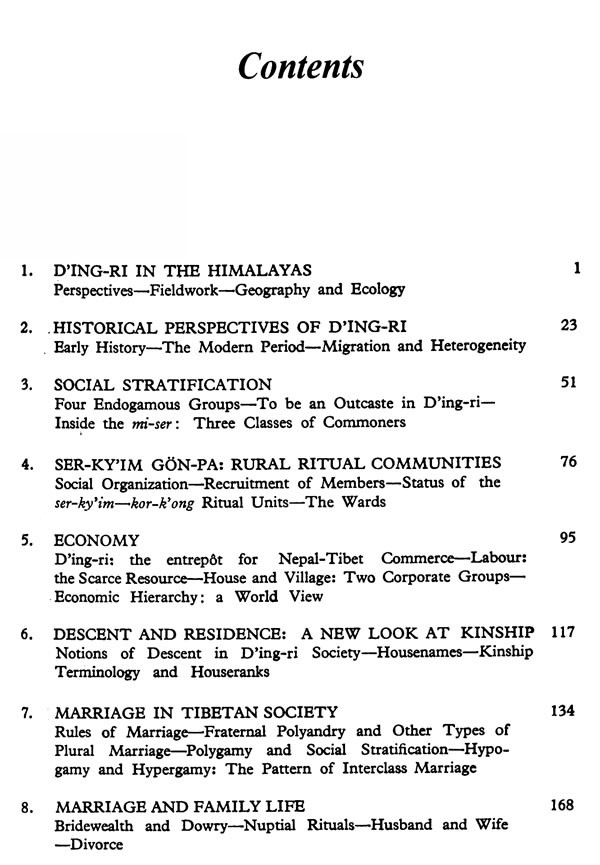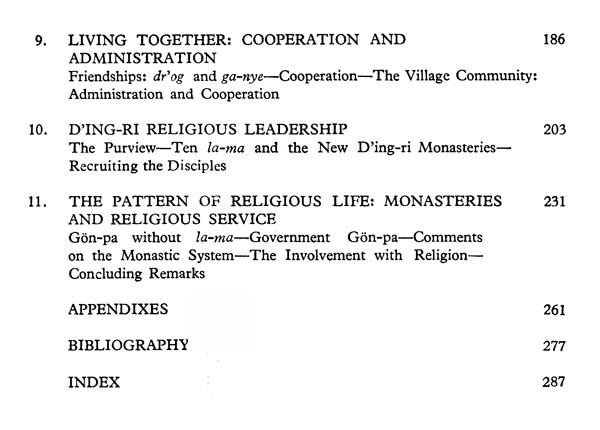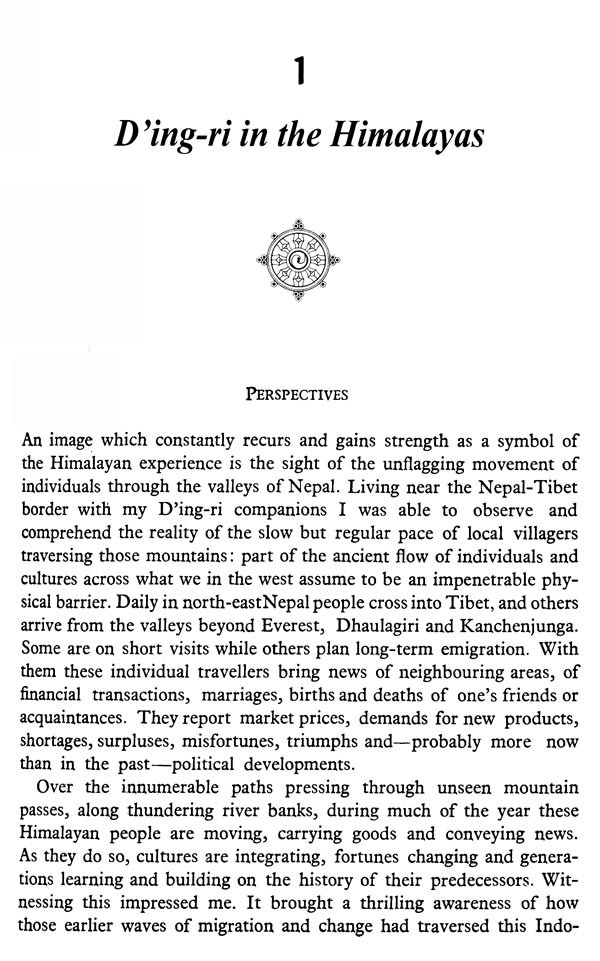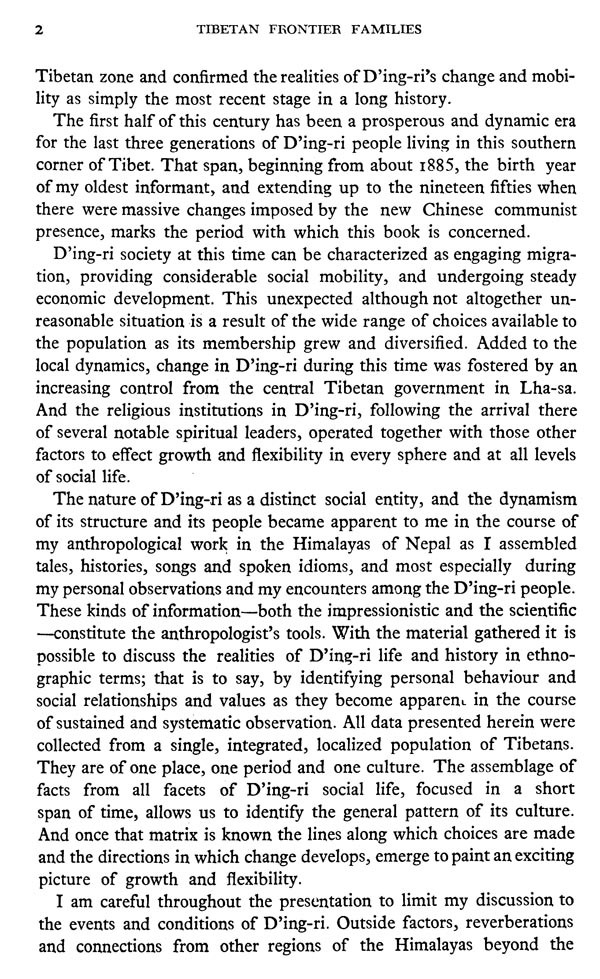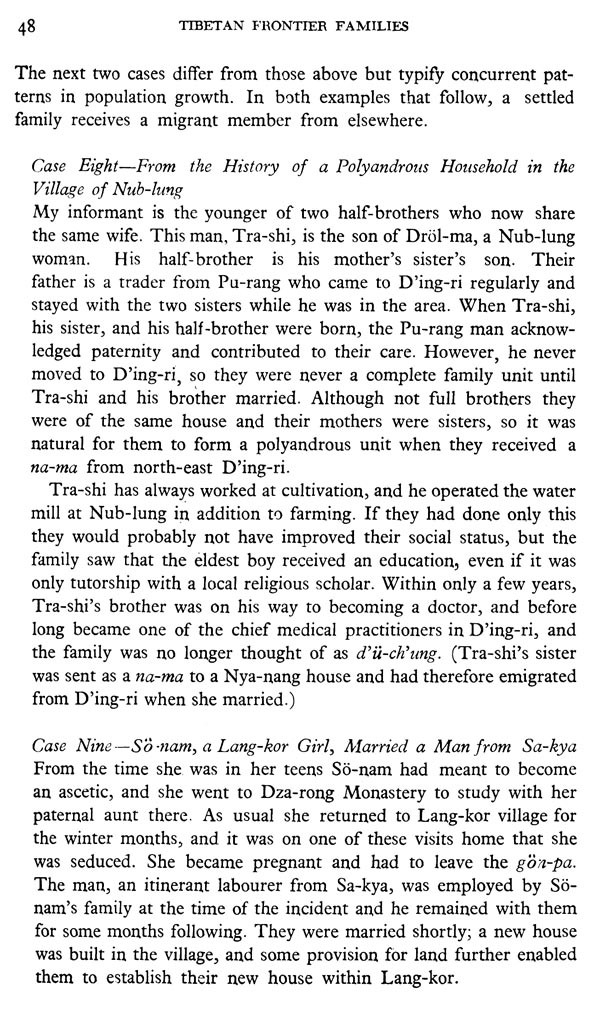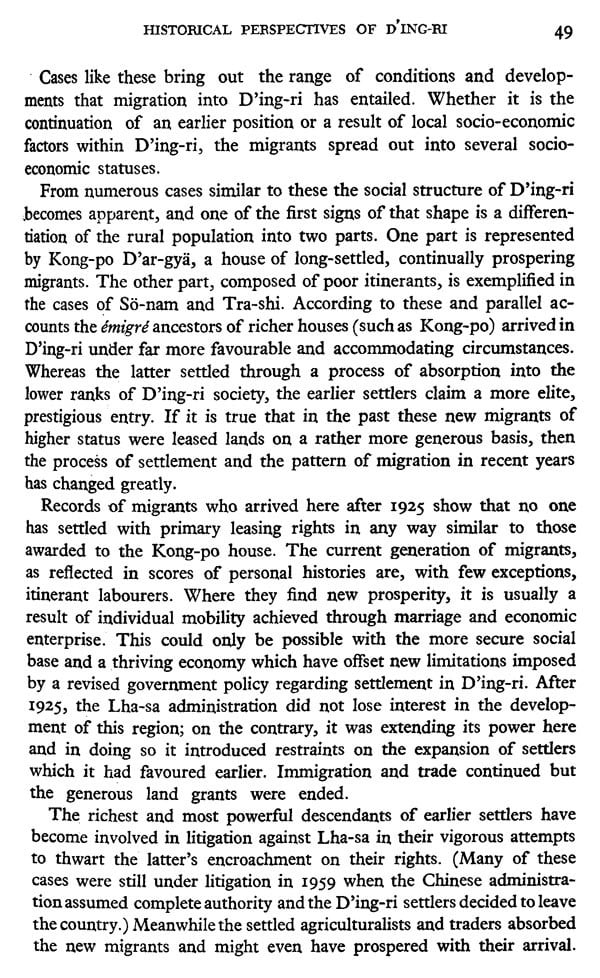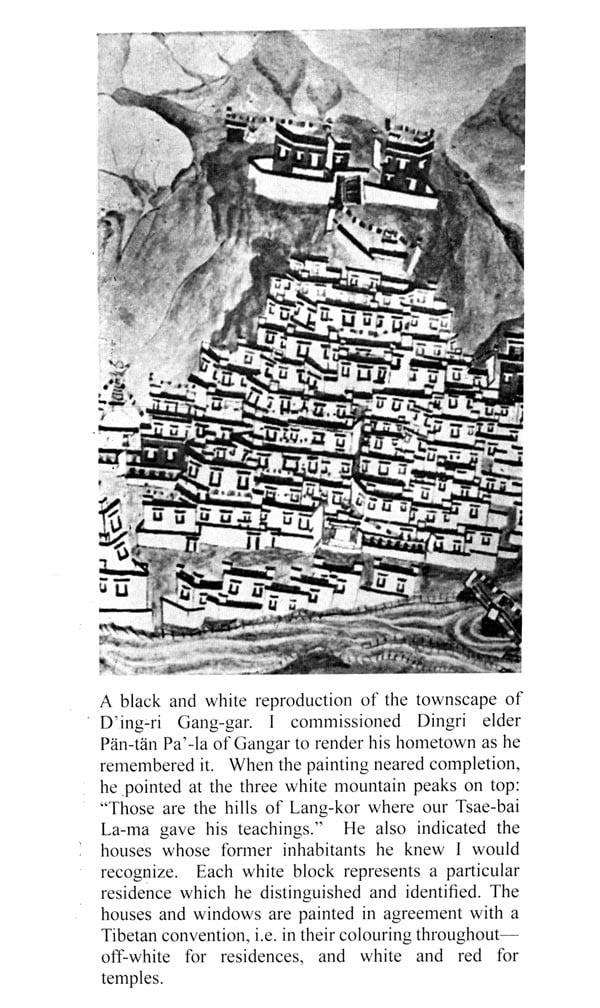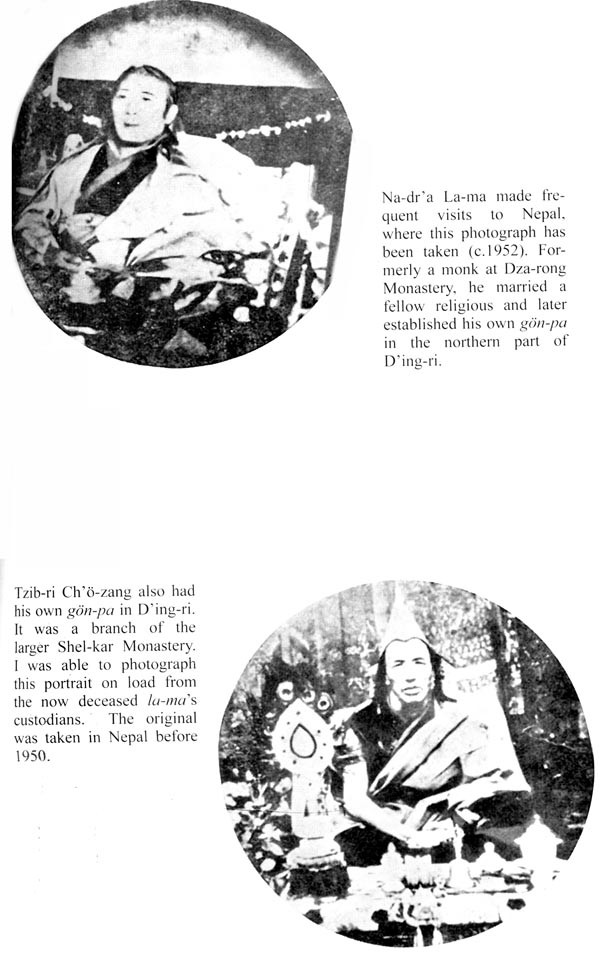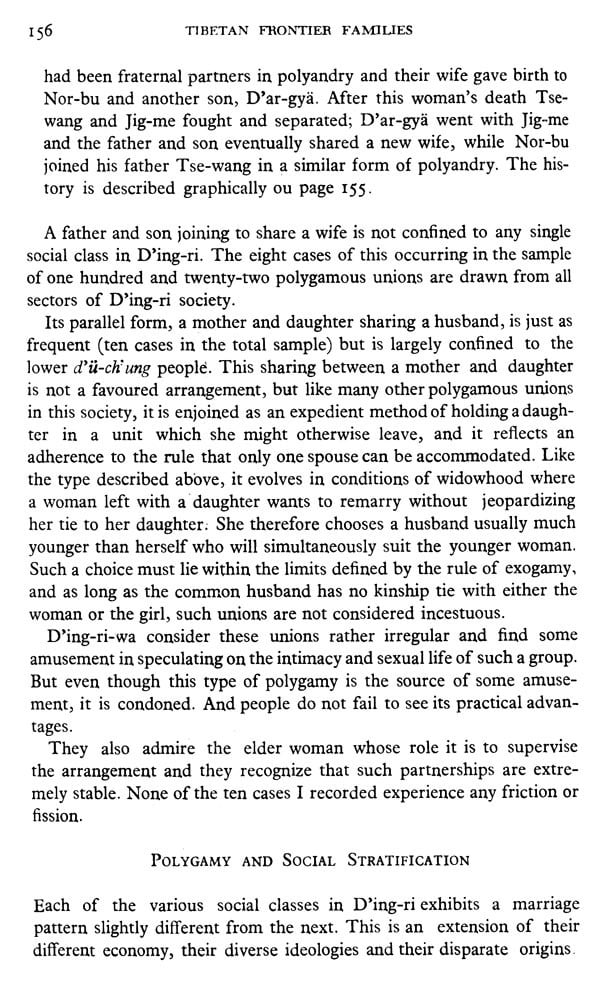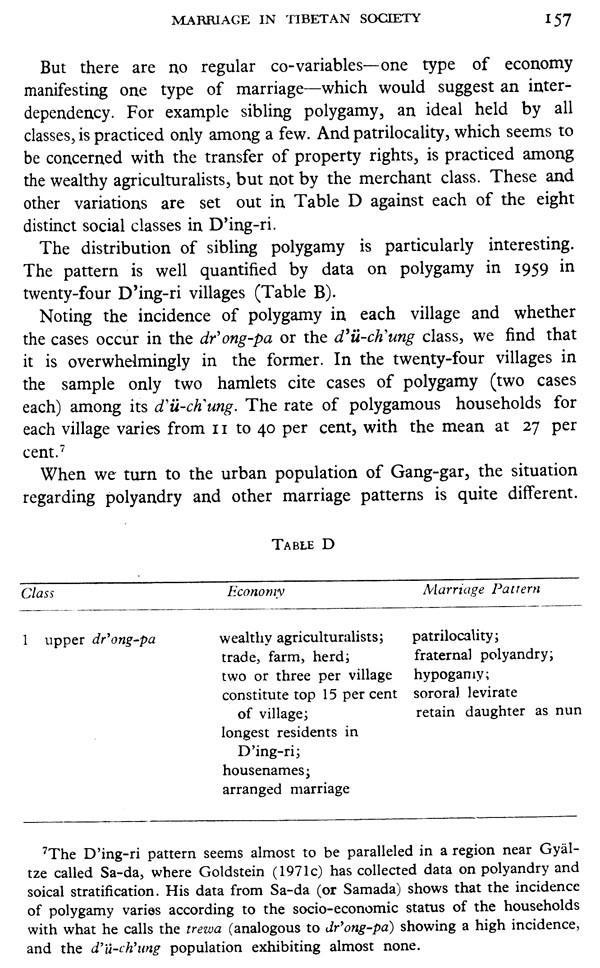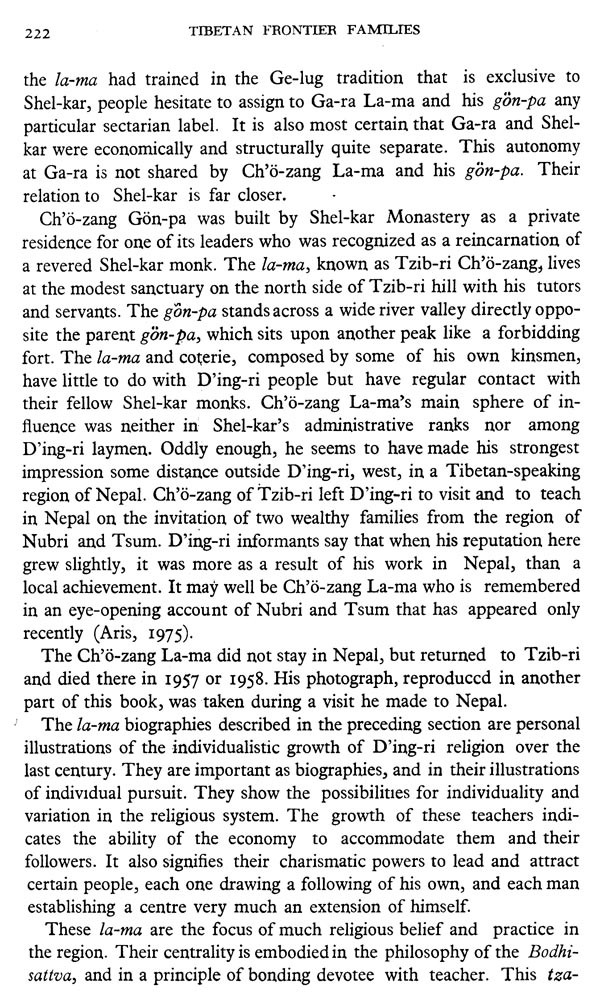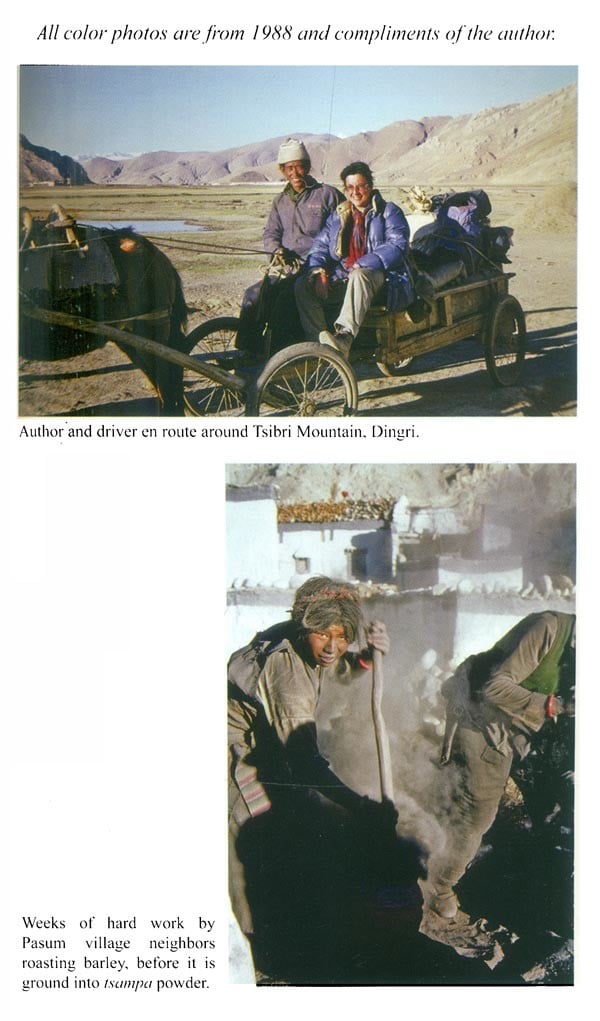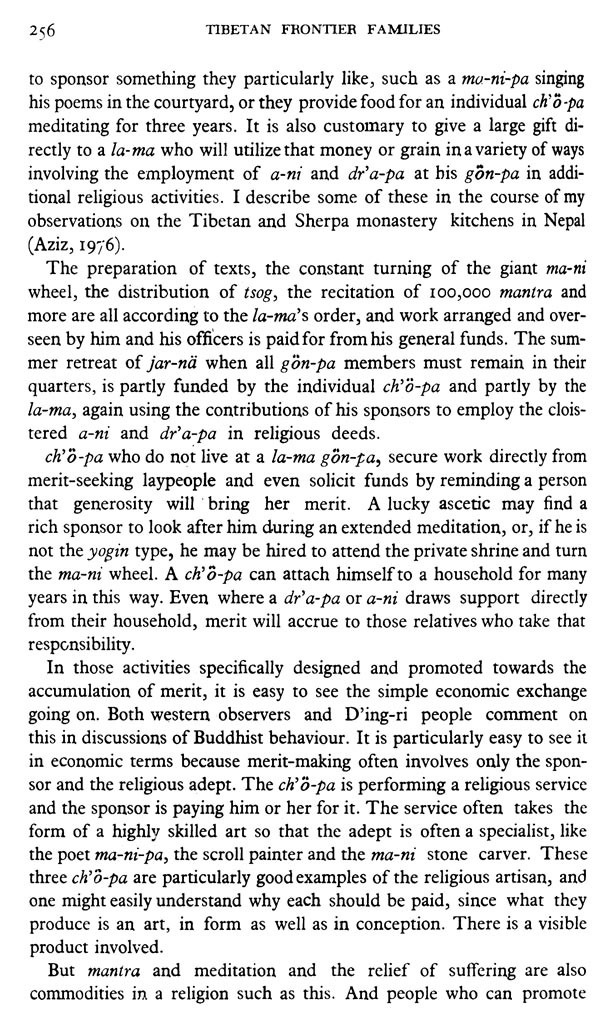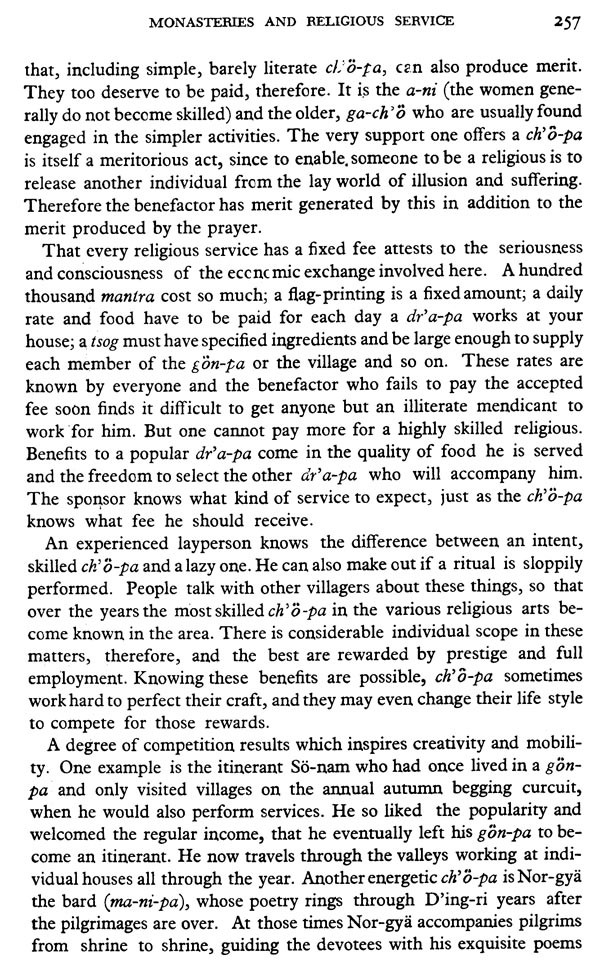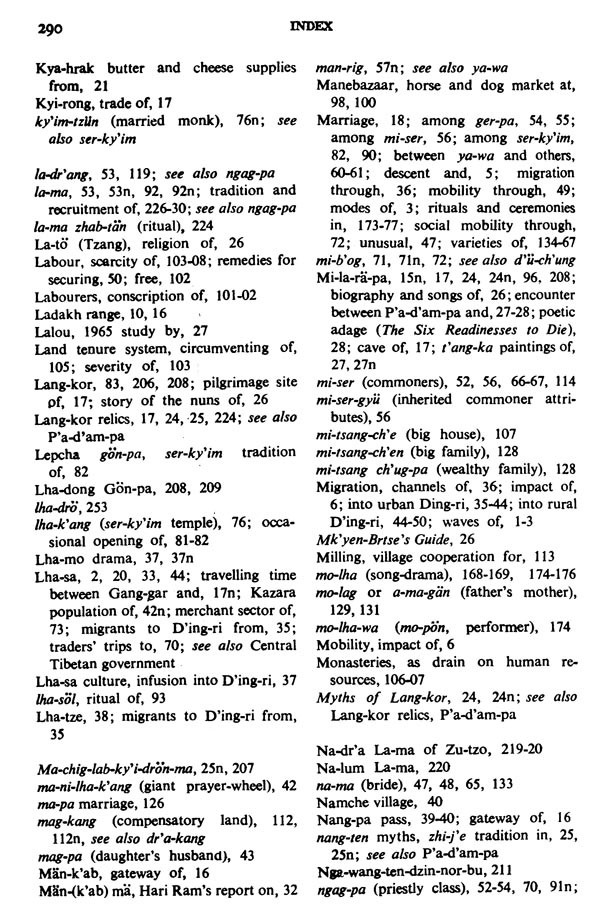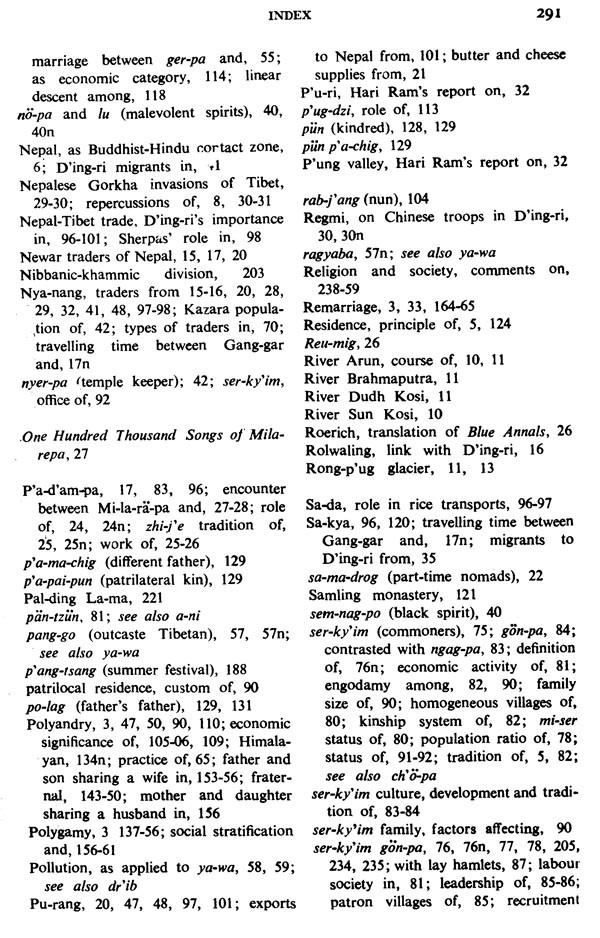
Tibetan Frontier Families- Reflections of Three Generations from Ding
Book Specification
| Item Code: | AZG883 |
| Author: | Barbara Nimri Aziz |
| Publisher: | VAJRA PUBLICATIONS, NEPAL |
| Language: | ENGLISH |
| Edition: | 2011 |
| ISBN: | 9789937506373 |
| Pages: | 322 (Throughout Color and B/w Illustrations) |
| Cover: | PAPERBACK |
| Other Details | 8.50x5.50 inch |
| Weight | 430 gm |
Book Description
unique chronicle, now updated beautifully written preface, the first sociological account of kind. Along with unparalleled personal portraits these mountain the book explains Tibetans' complex household structure detailed family genealogies case histories. We understand the economy of Dingri the context affairs and relation to the land which people move work. We learn religious history and what means to be and though intimate and vivid stories family dynamics.
and charisma spiritual masters, From hundreds of accounts assembled highly trained scientist, the rhythm of civilization The body book based on the research refugees in Nepal. With her subsequent visits Tibet, recorded new edition preface, the anthropologist reveals more dimensions of Dingri's personality: its austere physical landscape, ongoing economic cultural dynamics, survival of institutions and changes following the imposition of Chinese rule over Tibet. edition includes new photographs the author during her 1988 excursions through Dingri.
Aziz was a Fulbright professor in Algeria in 2008. She is currently at work on a collection of essays based on her research in North Africa.
A biting wind erased any warmth that the seamless space above us may have promised. Arriving on the Dingri plain, I was eager to finally witness its daily life-what was left of it under Chinese rule. I would be pleasantly surprised, but I did not know what to expect on this first encounter.
I pulled in my chin and turned my face away from the sandy blast, squinting tightly to discern the terrain ahead of me. I had written much about Dingri's people but only from a distance. Fifteen years earlier I lived with Dingri refugees in Nepal. I expected the place they fled had since become a desolate scene. Now I would find out if anything endured decades of Chinese rule and the inclement environment.
On the surface the expanse around me certainly appeared desolate. This was before I stopped and conversed with its inhabitants, wandered through their humble settlements and closely examined craggy recesses of the landscape. On my second visit, in the early summer when streams flowed at our feet and green barley sprouted behind stone walls and turned the gritty earth green, I would discover just how much survived. The slow revelation of the layers of a place's life is what so enchants an anthropologist or biologist and helps us endure the discomforts that may attend our painstaking and sometimes-lonely work. That measured disclosure is the science of research too. My first visit to Dingri was in early winter 1986.
**Contents and Sample Pages**

